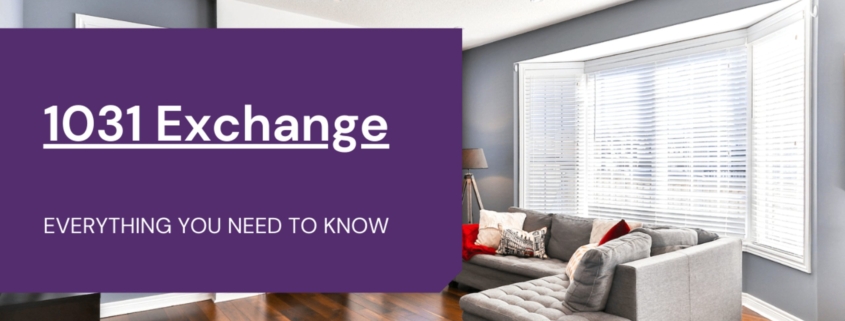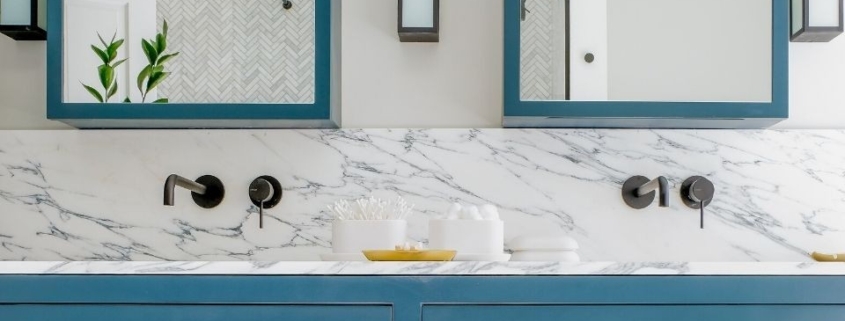Everything You Need To Know About A 1031 Exchange
1031 Exchange – What is it and How Does it Work?
When you sell a real estate investment, you make capital gains, or at least that’s the hope. Those profits come at a price, though. You’ll owe taxes on the income, which depletes the money you earn.
There’s a way around it.
The 1031 exchange or like-kind exchange is a way around the tax issue. Not everyone qualifies and you must follow the instructions to the letter to make it work.
Here’s what you must know.
What is the 1031 Exchange?
You can do the 1031 exchange in one of two ways. A simultaneous 1031 exchange occurs when you sell a property and buy another on the same day. You transfer the profits from one property to another, never taking possession of the cash, which would trigger the tax liability.
A deferred 1031 exchange occurs when you sell a property, but don’t buy another property right away. To qualify, you must:
- Within 45 days find another property to invest in and identify your intention by signing a contract and/or notifying an exchange facilitator of your intention. Telling your attorney or real estate agent doesn’t count.
- Within 180 days of selling the first property or the tax due date including extensions for the tax year, whichever is first, complete the purchase of the second property.
- Find a property that’s similar (or the same) as the property you sold.
Who Qualifies?
Real estate investors may qualify for the 1031 like-kind exchange. This includes individuals, partnerships, corporations, and LLCs. Anyone who operates as a business may qualify, but only properties you invest in, not live in, count.
What Properties Count?
The properties you ‘exchange’ must be similar, but not identical. For example, both properties must be real estate. You can’t exchange real estate property for a real estate trust, for example. It must be two properties.
As far as how alike they must be, differs. For example, you may sell land with a rental house for vacant land and it would count. As long as both properties are used in a business fashion, not for personal use, they may count.
Additionally, both properties must be within the United States. For example, you can’t sell one property here and buy another abroad and use the 1031 exchange.
1031 Exchange Helps Investors Avoid Capital Gains Taxes
If you’re an investor looking to keep your investments going, the 1031 exchange can help lower your tax liability. It takes careful planning and adhering to strict timelines to make it work. Using an exchange facilitator can help ensure you meet all deadlines so you can take advantage of the 1031 exchange.
Work with your tax advisor too, as this affects your taxes and what you will (or will not) owe. While you’ll pay taxes eventually on the capital gains you earn on real estate, it may not have to be right away if you continue investing after selling a property.
 Jose Guevara
Jose Guevara
Lead Agent
424-209-7899
support@hometuity.com







